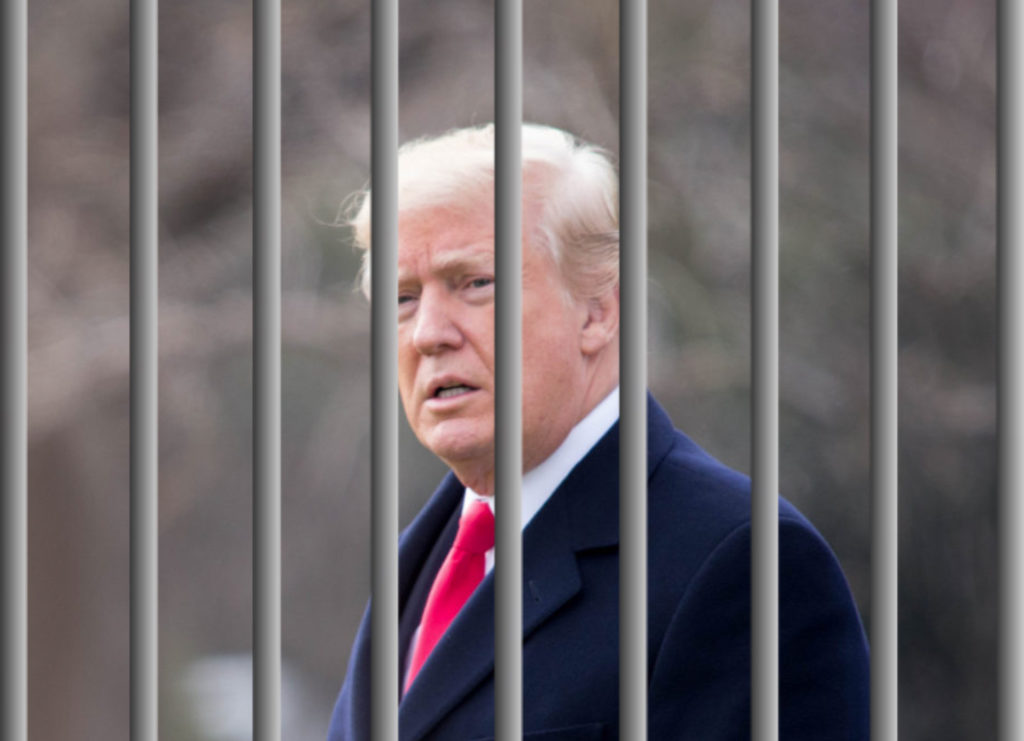The charges you can really expect against Donald Trump

Based just on the evidence that’s been made public, at this point the odds are seemingly overwhelming that the DOJ will end up criminally indicting Donald Trump. The real question is whether it thinks it can actually convict him on something like seditious conspiracy, or settles for charges like fraud, witness tampering, obstruction of Congress.
That’s not a matter of the DOJ “growing a spine” or “being “wusses” or any of the silly ways that these decisions get mischaracterized on social media. It really comes down to the odds of actually getting a conviction on a tricky to prove charge like seditious conspiracy – which in turn could come down to who flips on Trump and who doesn’t. If people like Mark Meadows or Roger Stone end up testifying against Trump in order to save their own skin, that would sharply improve the odds of a conviction on these kinds of high-bar charges.
In contrast, process crimes like tampering, obstruction, and fraud are far more reliably able to deliver a conviction when the evidence is there. At Trump’s age, convictions on these kinds of charges alone could effectively put him in prison for life.
So the question is, if seditious conspiracy only had something like a 30% of getting a conviction against Trump, would you bring it alongside all the lesser charges, or would you just bring the lesser charges? What if the odds of convicting Trump for seditious conspiracy are 80%? This what the DOJ actually chews on when it comes to making these decisions – and those decisions are made on the totality of the evidence, much of which we don’t get to see in advance.
As an example, the Feds indicted Manafort on 18 different felony counts, all of them fairly standard stuff, and got convictions on 8 of them, mistrials on the other 10. The boatload of small charges got the job done, without needing riskier headlining charges.
But that was a different prosecution team and another lifetime. So far Merrick Garland’s DOJ has shown a preference for taking a lot of time to build overwhelmingly comprehensive cases against the Oath Keepers and Proud Boys leadership so it could headline with aggressive seditious conspiracy charges.
If you’re not inclined to associate the word “aggressive” with Garland’s DOJ, you’re perhaps not familiar with how rarely the DOJ has historically brought seditious conspiracy charges. Garland’s DOJ is setting records on that front.
Some outside observers end up confusing “being aggressive” with “quickly issuing indictments on a bunch of flimsily built criminal cases that aren’t going to stand up at trial.” That wouldn’t be aggressive, it would be self defeating. Whatever degree of seriousness of charges the DOJ is going to end up bringing against Donald Trump, it knows it has to put in the corresponding amount of time building a comprehensive enough criminal case to ensure those charges end up sticking.
